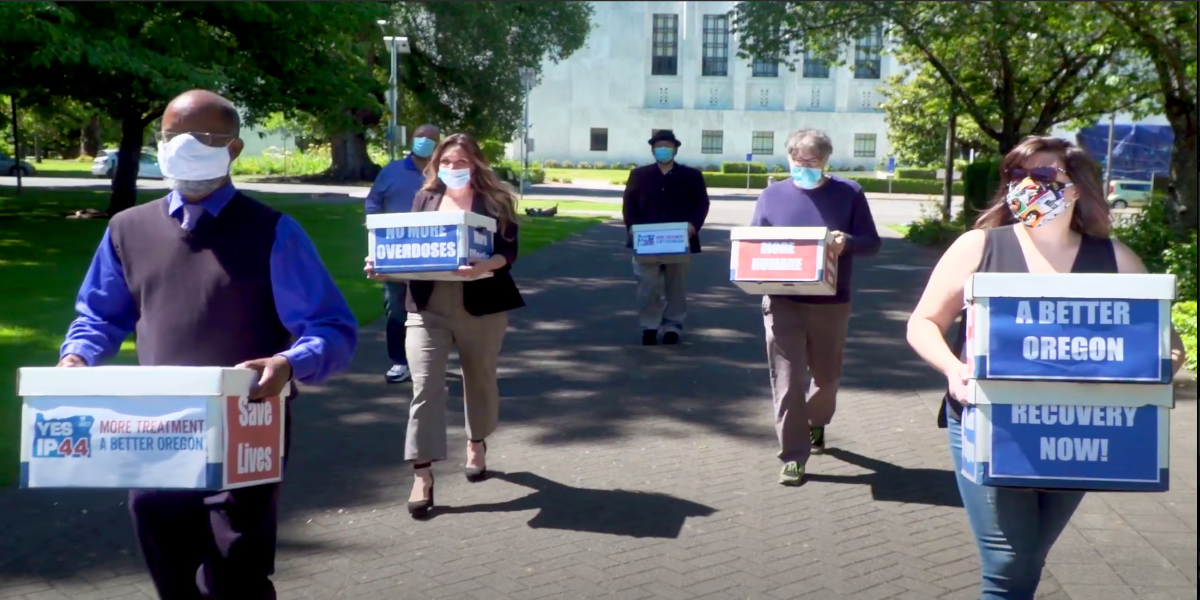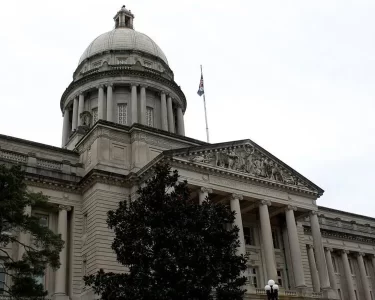In a dramatic pivot that underscores the failure of liberal drug policies, Oregon lawmakers, facing a grim reality of soaring overdose deaths, have voted to reintroduce criminal penalties for possession of hard drugs.
This move effectively dismantles a hallmark progressive policy that had been lauded by the left as a model for the nation. Back in 2020, Oregon, in a radical departure from traditional drug policy, passed Ballot Measure 110, which decriminalized small amounts of all drugs. This controversial move, backed by 58% of Oregonians, was touted as a progressive solution to drug addiction, redirecting state marijuana tax revenue to fund addiction services. However, the experiment has had catastrophic consequences.
Since the decriminalization, Oregon has seen a staggering increase in addiction and overdose deaths, especially from the insidious spread of fentanyl. This alarming trend forced Governor Tina Kotek to declare a state of emergency in Portland, acknowledging the severity of the fentanyl crisis that has gripped the city.
The backlash against this liberal policy was swift and decisive. A significant 56% of Oregonians expressed their disapproval of the drug law, leading to a rare bipartisan effort to roll back the measure. The bill to reverse this policy passed with overwhelming support in both the state Senate and the House, demonstrating a clear recognition of the policy’s failure.
Governor Kotek, along with Portland Mayor Ted Wheeler and Multnomah County Chair Jessica Vega Pederson, recognized the urgency of the situation by declaring a 90-day state of emergency for downtown Portland. This was a clear admission that the permissive approach to drug use had fueled a public health and safety crisis.
Democratic Senate Majority Leader Kate Lieber, one of the bill’s authors, stated that the bill’s passage would be “the start of real and transformative change for our justice system.” This new measure reclassifies the possession of small amounts of drugs like heroin or methamphetamine as misdemeanors, punishable by jail time. It empowers police to take a more active role in controlling drug use in public spaces and offers drug treatment as an alternative to criminal penalties.
However, the bill has not been without its critics. Democratic Sen. Lew Frederick voiced concerns that the bill might lead to an increase in the court system’s burden without improving health outcomes.
Private security guard Michael Bock’s comments to Fox News paint a harrowing picture of the drug crisis in Portland. He reported a shocking 533% increase in fentanyl overdoses in Multnomah County between 2018 and 2022. Dealers, he said, operate with “absolute impunity,” distributing drugs openly in schools, parking lots, playgrounds, and even churches.
Bock’s observations highlight the devastating impact of fentanyl, which is alarmingly affordable at just $0.25 a pill, on the community. His remarks underscore the failure of Oregon’s progressive experiment with drug decriminalization, a policy that has clearly endangered public safety and exacerbated the drug crisis.
This reversal in Oregon serves as a stark reminder of the dangers of liberal drug policies and the importance of upholding law and order to protect our communities. The state’s decision to recriminalize hard drugs is not just a policy shift; it’s a necessary step to address a burgeoning crisis and a wake-up call to the rest of the nation.




